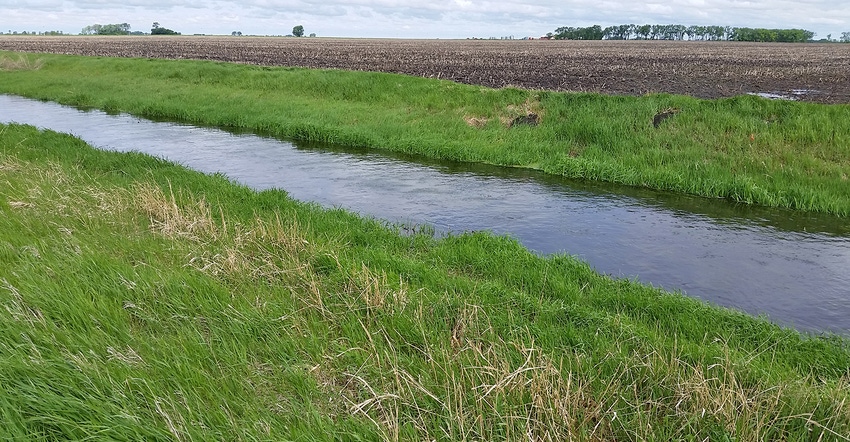September 25, 2018

The tug of war over the definition of Waters of the United States (WOTUS) continues to cloud the political landscape and cast a pall of uncertainty regarding the potential for new permit requirements and enforcement actions targeting common farming activities.
In addition, homebuilders, energy providers and other developers have weighed in with similar concerns.
The tussle over which waters and what sort of activities might be regulated has been going on for about a decade. WOTUS was defined in 1980 as “navigable waters.” Thus, the Clean Water Act prohibits the discharge of pollutants from a point source into navigable waters without a permit. In other words, having a permit does allow the discharge of pollutants to navigable waters.
The Clean Water Act does not require permits for nonpoint sources, a category that includes most agricultural activities. Rather, it calls for voluntary implementation of conservation practices. Critics argue that this is inadequate. Thus, the push for expanded permit requirements.
The Obama administration issued a rule broadening the definition of WOTUS in 2015. President Donald Trump issued an executive order in February 2017 suspending the rule and reinstating the 1980 WOTUS definition. Throughout the debate, numerous court challenges have popped up across the country. This is nothing new, as implementation of the Clean Water Act has been a frequent subject of litigation, including several cases reaching the U.S. Supreme Court.
In August, a federal judge ruled that the Trump administration’s suspension of the 2015 WOTUS rule did not meet requirements of the Administrative Procedures Act. U.S. District Judge David Norton in South Carolina wrote in his ruling that the agencies had not provided meaningful opportunity for public comment on the change, and that the suspension of the rule was arbitrary and capricious because the agencies did not provide adequate analysis supporting their decision to suspend the rule.
2015 rule applies to about half of U.S. states
As a result, the 2015 rule is in effect in 26 states, including Minnesota. An injunction preventing the 2015 WOTUS rule from taking effect is still in place in 24 states.
At the time of this writing in September, it is difficult to predict where the WOTUS discussion will go. The Norton decision could be appealed. The Trump administration is likely to continue working on a replacement rule. And most certainly, there will be new legal challenges each step of the way.
Without some sort of legislative solution, which does not seem to be in the making, implementation of the Clean Water Act will largely be worked out between the executive and judicial branches of government.
Meanwhile, farmers are left to wonder how far the expansion of regulations might go.
We have seen numerous examples that hint at the sort of farming activities some would like to regulate more forcefully. The new buffer law passed in 2015 is probably the most well-known, but the list also includes new fertilizer regulations, increased penalties for soil erosion, restrictions on tile drainage, higher fees for permits and greater difficulty in acquiring permits for activities like irrigation and livestock production expansion. All these things find their roots in more aggressive interpretation and implementation of federal clean water rules.
We will continue to provide updates as pending issues unfold. Stay tuned!
Formo is executive director of the Minnesota Agricultural Water Resource Center.
About the Author(s)
You May Also Like






